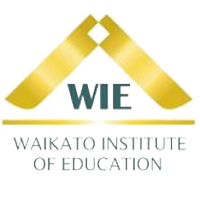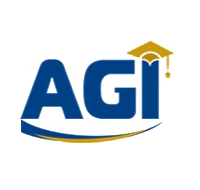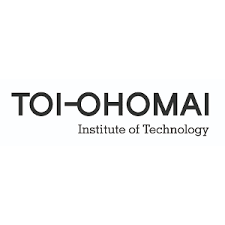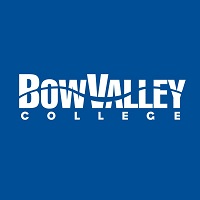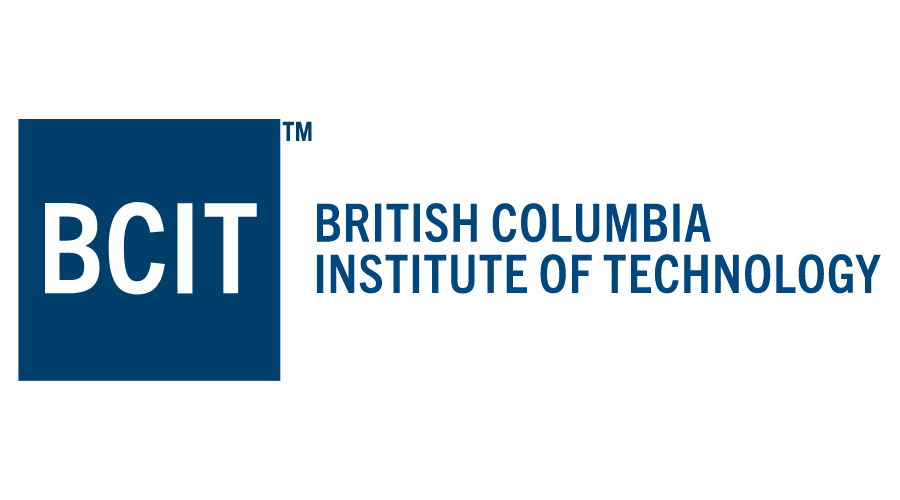Royals Through the Ages: Balancing Tradition and Modernity in the UK
The British Royal Family captivates people worldwide by combining age-old traditions with modern relevance. Their influence stretches far beyond the United Kingdom, starting from Buckingham Palace and going on to the rest of the world. With its grand ceremonies and famous members, the monarchy helps shape the country’s identity. It is a living reminder of history that still catches people’s attention today. This blend of history and modernity is why so many people adore the Royal Family. The British monarchy’s origins The history of the British monarchy goes back to the early medieval times when kings had total power. If you look closely, you can see how it changed during important times like the Tudor period, when kings became powerful, and the Victorian era, when the monarchy became a symbol of moral leadership and stability. Each period left a lasting impact that connects the past with today. The monarchy changed from ruling the country to just being a symbol within the rules of a constitution, showing how it has adapted over time. The heart of the monarchy is its ceremonies and traditions. You can see this in events like coronations, which follow traditional customs, state dinners that promote international friendships, and ceremonies that highlight the monarchy’s importance. These traditions are not just for show—they help the monarchy bring the UK together. The Royal Family is part of British culture in many ways. It shapes our view of Britishness, from Shakespeare’s plays inspired by the Tudors to the royal weddings we watch on TV today. The monarchy remains an important symbol of British culture, not just in history books, but also in modern stories, fashion, and world diplomacy. The Royal Family in contemporary times The British Royal Family is constantly in the spotlight. From royal weddings on TV to news reports about their every move, you can follow their lives as they happen. This attention means they have to be responsible and transparent, and they get both praise and criticism. As people’s expectations change, the monarchy has made efforts to stay relevant. This includes making royal events more personal, where family members meet and talk with the public, showing they are just like everyone else. The monarchy has also adapted to focus on what is important to people today. You’ve probably seen their efforts to encourage diversity within the family. Conversations about gender equality have led to new laws, ensuring that female heirs have the same rights as male heirs. The younger royals have also supported mental health awareness, encouraging important talks and helping to break old taboos. The function of the monarchy in the modern era The British monarchy does a great job of balancing modern society’s needs with its long history. They embrace new technology and ideas, while still honouring traditional customs. Events like Trooping the Colour remind us of the past, but the monarchy also supports new, progressive policies. Social media has changed the way people connect with the monarchy. The younger royals, like Prince William, Prince Harry, and their families, share their lives on platforms like Instagram and Twitter. They talk about personal causes, family moments, and feelings that go beyond just palace life in the UK, making the monarchy feel more human. The Royal Family also uses their influence to help around the world, whether it’s supporting unity in the Commonwealth or raising awareness for important issues like environmental protection and mental health. By using their platform to tackle global issues, the monarchy remains relevant and connects its rich history with today’s world. Tradition and progress The British monarchy has shown it can change while still keeping its core values. The Royal Family has been an important part of British identity since its early beginnings in medieval times. The monarchy keeps old traditions but also adapts to the needs of modern society. Its ability to change with the world while staying true to its roots shows how it combines new ideas with tradition. The monarchy will remain a strong symbol that links the past with the future. The Royal Family will keep shaping the UK’s identity both at home and abroad as it deals with the challenges of today’s world. The younger royals focus on important social issues and work with other countries, ensuring the monarchy stays important in the future. The British monarchy will continue to take part in important global discussions on issues like diversity, the environment, and international relations, ensuring it remains a key part of culture and politics for generations to come. Find the perfect programme at Global Visa Support to help you move to the UK easily: http://globalvisasupport.com/uk.html. Talk to our helpful team at Global Visa Support to get all the help you need for a smooth move to the UK: http://www.globalvisasupport.com/contacts.html.
Royals Through the Ages: Balancing Tradition and Modernity in the UK Read More »
